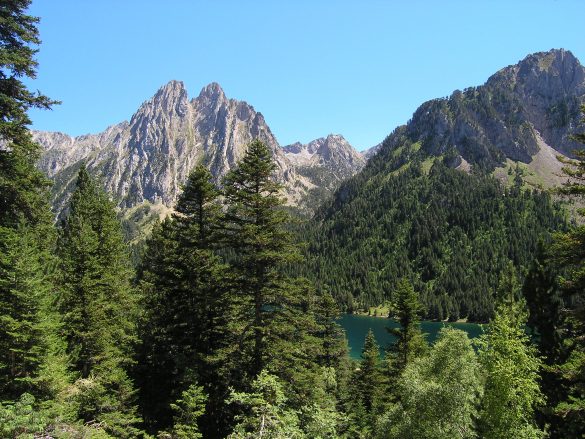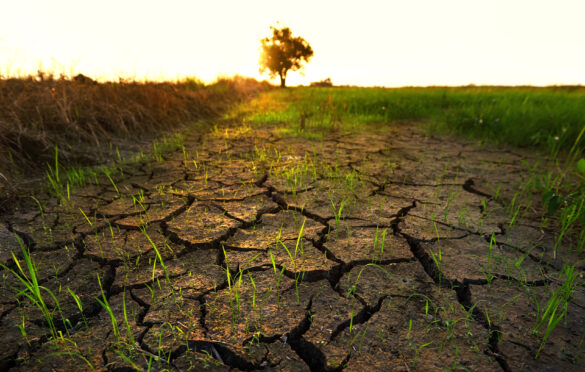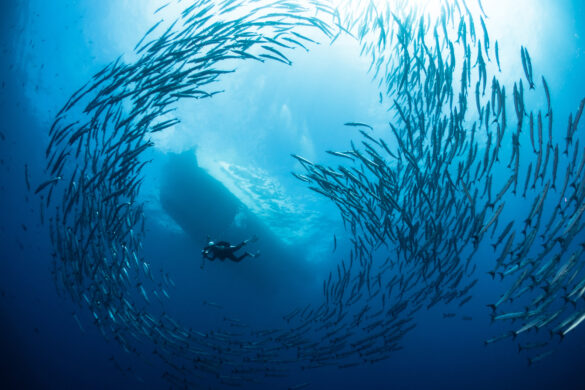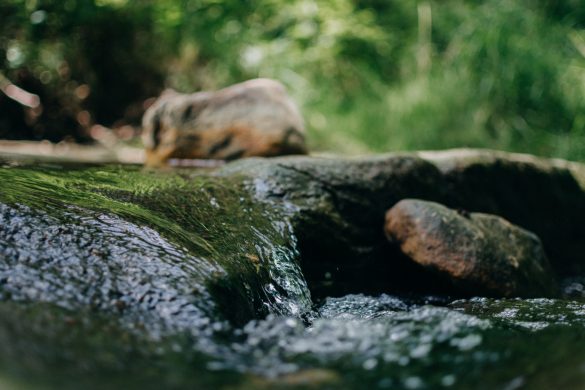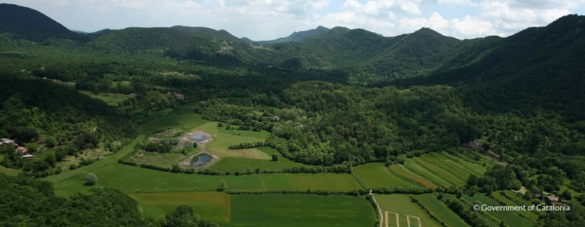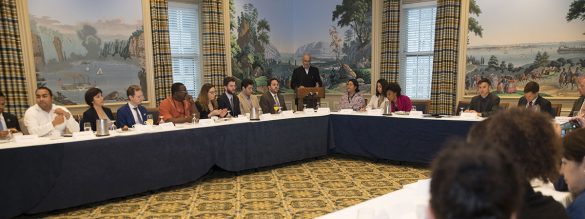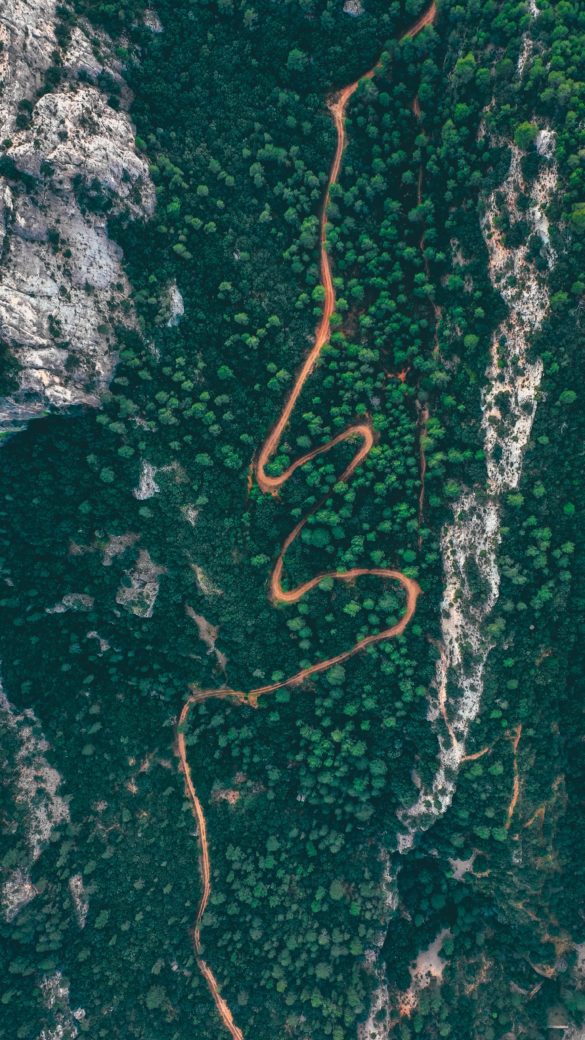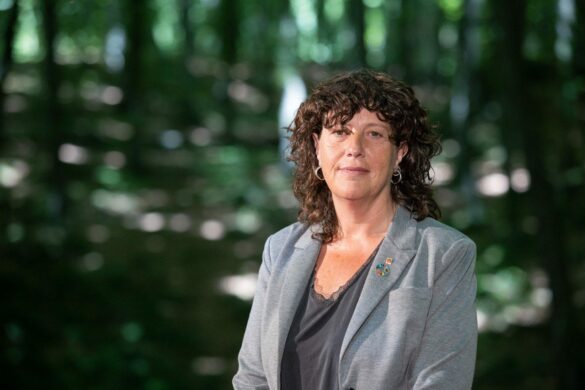Catalonia, Spain
Natura 2000 is a network of key breeding and resting areas for rare and threatened species, as well as certain rare natural habitat types. It encompasses all 27 EU states. The network’s objective is to safeguard the long-term survival of Europe’s most significant and endangered species and habitats, which are designated under both the Birds Directive and the Habitats Directive.
One of the policy possibilities to protect the sea and deal with complex environmental and biodiversity challenges is the introduction of participatory processes. These policies are especially useful in conditions that need flexibility, transparency and the inclusion of a wide range of knowledge and values. They allow for the improvement of governance and fo implementing measures that respond to local needs.
The project Co-Management Maritime Board of Litoral del Baix Empordà is an example of how including a diverse range of stakeholders can be translated into practice.
About the Co-Management Maritime Board of Litoral del Baix Empordà
The Co-Management Maritime Board of Litoral del Baix Empordà project centers around the creation of a permanent space for participation where proposals can be debated and concretized to improve the management and organization of maritime uses and activities in the area. The project seeks to increase compatibility between those uses and activities and the conservation of the natural heritage of the region.
This experience focuses on a “bottom up” management system with the participation of the main actors involved, the scientific community, civil society and administration. Its objectives are to:
• Ensure the conservation and improvement of the natural, cultural and landscape heritage of the area
• Safeguard the accounting of the uses and socioeconomic activities that take place in the space with the conservation of its heritage
• Facilitate the cooperation of the different stakeholders represented
Impacts
After three years of implementation, several actions have taken place and the members of the Board have been able to sit and work together to develop them, and as a result, have advanced their common goals and produced documents and reports. These include:
• The realization of a day of presentation and debate on the good practices of the blue economy in the marine area of the Baix Empordà Coast
• Presentations of the training day on Load Capacity and Adaptive Management organized by the Institute of Environment of the UdG and developed in the Co-Management Maritime Board of Litoral del Baix Empordà. These presentations have effectively shared relevant environmental information with the members of the Board. The presentations covered the following topics:
- Towards Integrated Coastal Zone Management based on Ecosystem Management
- Coastal and marine zone concepts and boundaries for integrated management based on carrying capacity and ecosystem values
- Co-responsibility, co-participation and co- management through integrated socioecological evaluation
- Coastal management through the study of ecological, physical and perceptual carrying capacity
- How to analyze and regulate uses based on the establishment of an adaptive load capacity
- Co-management of the ecological status and pressures of hake, shrimp and sonso fisheries
• Presentations made within the framework of the Informative Session on the Competency Framework on the Baix Empordà Coast
Apart from the concrete and tangible results and outputs listed in this and the previous chapter, in the past three years there has been a shift, on the one hand, from having a protected space where active environmental management was, basically maintenance and prevention, to having a collaboratively designed Action Plan where each body and entity contributes with their expertise and implements it.

Access the project’s official website here, and learn about the project’s enablers, key activities and innovations, impacts in several areas, partnerships and replicability in the Case Study Database here.

